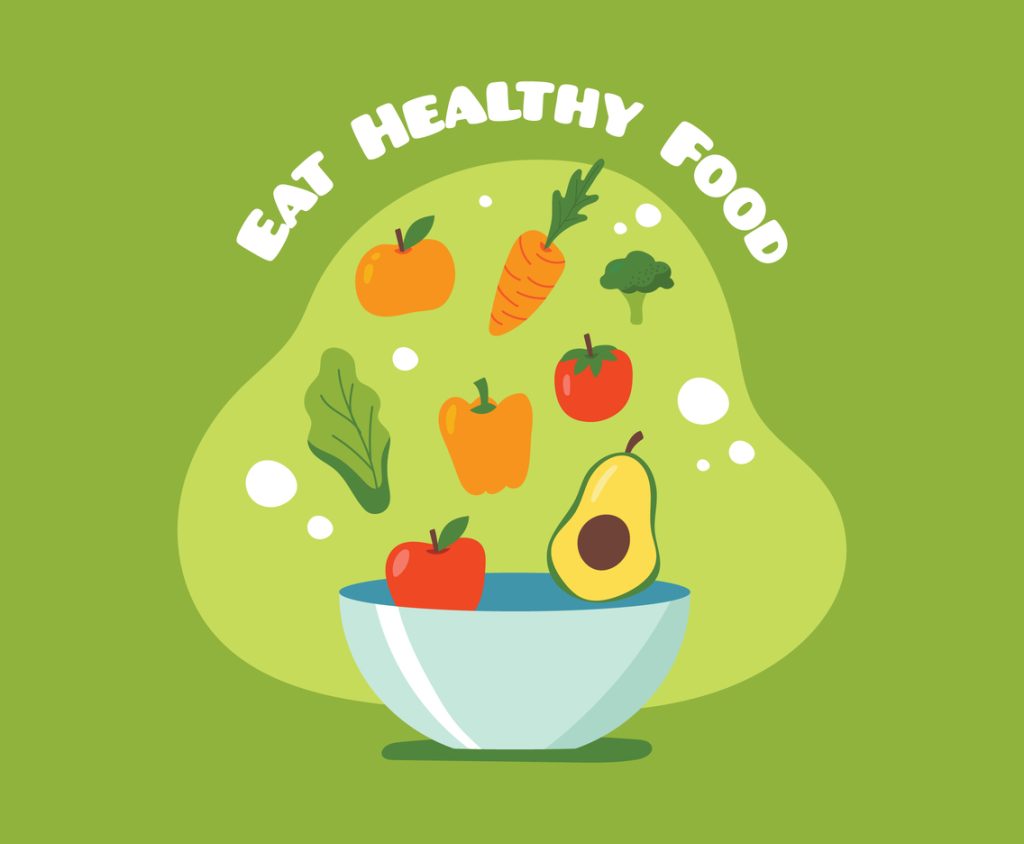Protein is an essential nutrient that plays a crucial role in the overall health and well-being of our bodies. It is often referred to as the building block of life because it is needed for the growth, maintenance, and repair of tissues in the body. Protein is made up of amino acids, which are the building blocks of proteins and are necessary for the synthesis of new proteins in the body.
Protein is found in a variety of foods, including meat, poultry, fish, dairy products, eggs, legumes, nuts, and seeds. It is important to include a sufficient amount of protein in your diet to ensure that your body functions properly and stays healthy. The recommended daily intake of protein varies depending on age, gender, and physical activity level, but on average, adults should aim to get 10-35% of their daily calories from protein.
Protein serves several important functions in the body, including:
1. Building and repairing tissues: Protein is essential for the growth and repair of tissues in the body, including muscles, skin, hair, nails, and organs. It helps to maintain the structure of cells and tissues and plays a crucial role in the recovery process after exercise or injury.
2. Enzyme and hormone production: Proteins serve as enzymes that facilitate chemical reactions in the body and as hormones that regulate various processes, such as metabolism, growth, and immune function. Without adequate protein, these functions would be impaired, leading to potential health problems.
3. Immune system support: The immune system relies on proteins to produce antibodies and other immune cells that help the body fight off infections and diseases. A diet rich in protein can help strengthen the immune system and protect the body from illness.
4. Energy production: While carbohydrates and fats are the body’s primary sources of energy, protein can also be used for energy production when needed. This is particularly important during times of calorie restriction or intense physical activity when the body requires more energy to support its activities.
5. Weight management: Protein is known to be more satiating than carbohydrates or fats, meaning that it can help you feel full and satisfied after meals and reduce overall calorie intake. Including protein-rich foods in your diet can help you maintain a healthy weight and prevent overeating.
In addition to its various functions, protein is also important for maintaining muscle mass, promoting bone health, and supporting overall growth and development. Children, teenagers, pregnant women, and athletes may have higher protein requirements to support their increased growth and physical activity levels.
It is important to include a variety of protein sources in your diet to ensure that you are getting all the essential amino acids that your body needs. Complete proteins, which contain all nine essential amino acids, are found in animal products such as meat, poultry, fish, eggs, and dairy. Incomplete proteins, which lack one or more essential amino acids, are found in plant-based foods such as legumes, nuts, seeds, and grains.
You can also combine different plant-based protein sources to create complete proteins, such as combining beans and rice or lentils and quinoa. Additionally, there are many plant-based protein sources that are high in protein and low in calories, making them ideal for those looking to increase their protein intake without consuming excess calories.
Some examples of plant-based protein sources include:
1. Legumes: Beans, lentils, chickpeas, and peas are all excellent sources of protein and fiber. They are also low in fat and high in vitamins, minerals, and antioxidants, making them a nutritious addition to any diet.
2. Nuts and seeds: Almonds, walnuts, chia seeds, flaxseeds, and hemp seeds are all rich in protein, healthy fats, and antioxidants. They can be added to salads, yogurt, smoothies, or oatmeal to increase your protein intake.
3. Quinoa: Quinoa is a complete protein that is high in fiber, vitamins, and minerals. It can be used as a base for salads, stir-fries, or grain bowls to add protein and nutrients to your meals.
4. Tofu and tempeh: Tofu and tempeh are soy-based products that are rich in protein and low in calories. They can be used as a meat substitute in stir-fries, soups, sandwiches, or salads.
5. Plant-based protein powders: Plant-based protein powders, such as pea protein, rice protein, or hemp protein, can be added to smoothies, baked goods, or oatmeal to increase your protein intake. They are a convenient and easy way to boost your protein consumption, especially for those with higher protein requirements.
In conclusion, protein plays a vital role in the body and is essential for overall health and well-being. Including a variety of protein sources in your diet can help you meet your protein needs and support your body’s functions, such as tissue growth and repair, enzyme production, immune system support, energy production, and weight management. Whether you prefer animal-based or plant-based proteins, it is important to include sources of protein in your meals to ensure that you are getting an adequate amount of this essential nutrient. By understanding the role of protein in your diet and making informed choices about the foods you eat, you can support your overall health and well-being for years to come.

